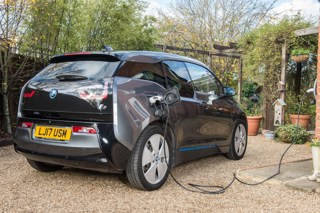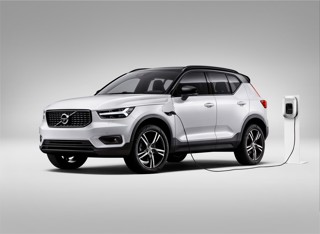By Andrew Leech, managing director Fleet Evolution
The Government’s misguided and confused taxation policy is depressing sales of electric vehicles (EVs) at a time when they should be gaining greater traction.
With sales of diesel cars falling dramatically due to adverse publicity over emissions, a vacuum has been created in the new car market that EVs might be expected to fill.
However, EV sales are being held back by Government tax policy.
For EVs that emit 0-50g/km of CO2, the current BIK rate is 13%, rising to 16% next year.
Under new rules, the rate is then set to fall to 2% in 2020/2021 for EVs with a pure electric mileage range of more than 130 miles.
The Government should be keen to persuade more drivers to select EVs as their next company car, especially as it has pledged to remove all new petrol and diesel cars by 2040. But, instead, this confusing BIK tax policy is acting as a dampener on electric sales by deterring many would-be buyers.
Many of our customers’ drivers have told us they would like to select an electric car as their next company vehicle, but they have been put off by the confused tax picture for the next three years, plus the front-end premium and higher rentals associated with EVs.
We believe the Government should take some positive action to incentivise EVs properly.
That means introducing the highly advantageous 2% BIK rate for EVs with the best range from the next tax year rather than waiting until 2020.
While we welcome the 2% tax rate from 2020, as we expect it to increase demand for EVs under salary sacrifice schemes by up to 400%, this will come too late for people ordering now as the opportunity for lower taxes is then lost for three-to-four years.
The question we have for Government is why penalise EVs so harshly from a tax point of view this year and next, only to offer huge tax incentives a year later? It just makes no sense at all.
In the Budget we would like to see the Government remove the contradiction of an aggressively escalating company car tax followed by a huge reduction in the tax rate by introducing the 2% rate from the 2019 tax year, thus actively promoting the uptake of longer range EVs much sooner.
For this reason, we also support the Fleet News Budget Manifesto, which calls on the Chancellor to address key concerns in November.




















Login to comment
Comments
No comments have been made yet.